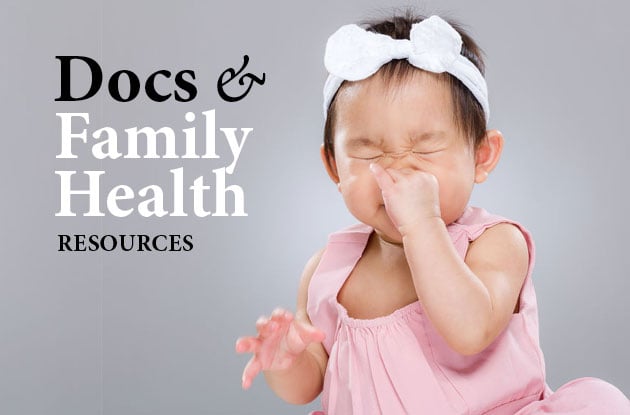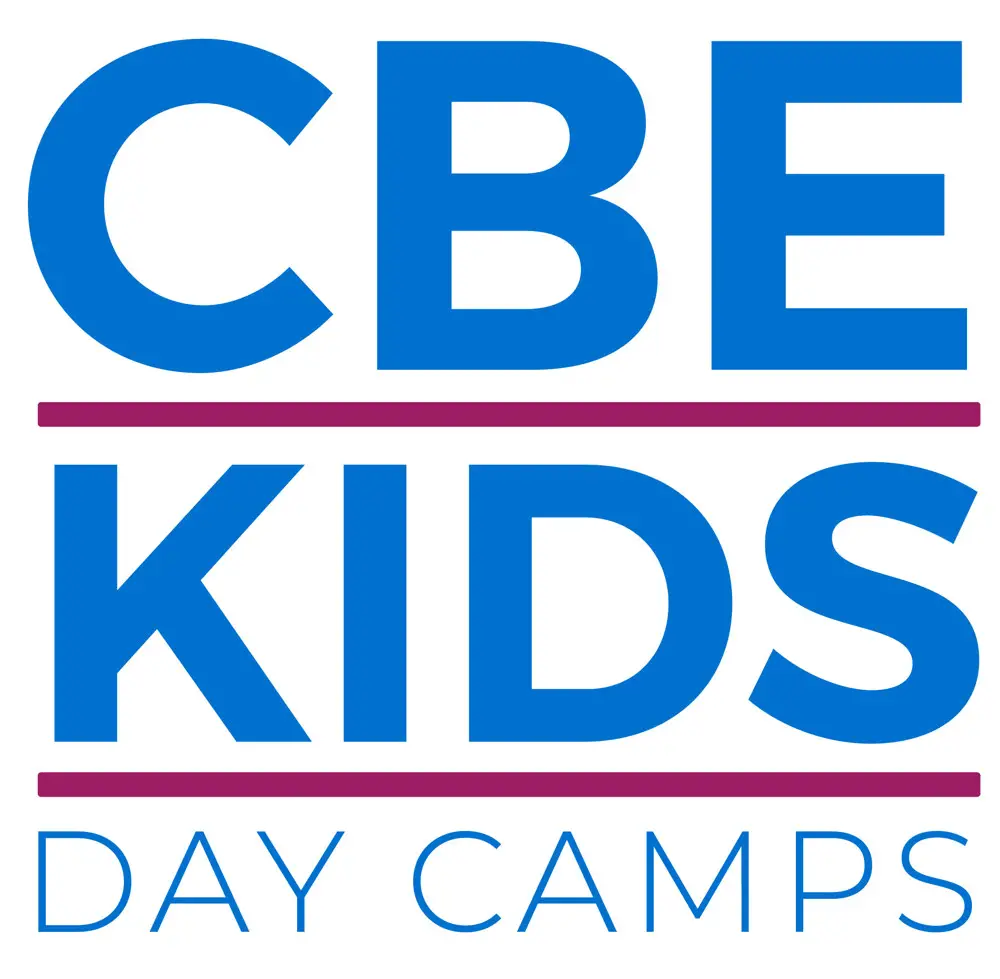Meningitis: Rare, Serious, but Preventable
Get can’t-miss family activities sent to you!
Get the Best Family Activities
“There is always a risk-benefit ratio that must be entertained,” says Philip M. Tierno, Jr., Ph.D., director, Clinical Microbiology and Immunology at New York University Langone Medical Center. “Since meningitis can be a killer disease, vaccination in high-risk groups is recommended and outweighs any potential side effects.” In terms of recommending the vaccine to a broader spectrum, Dr. Tierno explains that those decisions are best left to a child’s pediatrician, “who best knows that child’s case, as well as understanding the type of camp and the degree of cohabitating bunk mates and other living conditions” they will be exposed to at any given time.
Summer Camp Precautions
The American Camp Association began promoting the meningitis vaccine when approached by NMA in 2007.
“We are always worried about health and safety around here,” says Adam Weinstein, ACA executive director of New York and New Jersey. “They wanted to educate us about meningitis, and we were very interested.”
After learning more about the disease and vaccine, the ACA worked with the NMA to create materials that would be distributed to campers and their families. In addition to a form letter that camps can send to families, there is also information about how to talk to your child’s doctor about the disease and vaccine when going in for a pre-camp check-up. Nurses may also benefit from the tip sheet the organizations created in order to better identify meningitis.
Nowadays, with plenty of information readily available, campers like Nick have a much lower risk of being infected. In fact, Weinstein cannot recall hearing about any incidents at any camps in the greater New York metro area. As for Nick, he has done well for himself.
“Before Nick got sick, the only sport he really played was hockey. He played it constantly. When he got sick, one of the first things he said to the prosthetist was ‘I want to play hockey again,’” Gary Springer says.
While Nick was in rehab, he heard about a sport called sled hockey. Determined to help him play, the prosthetist built Nick a sled that he could use. A few years later, Nick ate, lived, and breathed sled hockey. Then his mentor got him a rugby wheelchair.
At first Nick was resistant to focus on another sport, but after watching half of a rugby game, he wanted to go in and play. Nick joined his own team around 2003 and continued playing both sports. In 2008, Nick and the rest of the U.S. Paralympic Wheelchair Rugby Team won a gold medal at the Summer Paralympics in Beijing, China, and another in 2010 at the World Wheelchair Rugby Championships in Vancouver, Canada. He is a prospective member of the 2011 team.
“He never said ‘my life is over,’” Springer says of his son. “He was always pretty positive.”
It’s the Law
Although a meningitis vaccine has been available since the 1970s, it wasn’t until the early 2000s that public knowledge of the disease grew and legislative action began (in response to a 1997 report). Currently, at least 37 states have one or more laws related to meningitis with the majority of these laws focusing on school requirements.
In 2003, thanks to the tireless efforts of former Assemblyman Richard Brodsky, from Westchester, and the support of New York State Senator Michael F. Nozzolio, who lost a nephew to meningococcal disease, former Governor George Pataki signed legislation that requires camps, secondary schools, and colleges that have housing for students to provide information about the disease and vaccine, and students must provide immunization response. Connecticut goes even further: Since 2001, the state has required meningitis vaccination for residents of on-campus housing unless a medical waiver is signed, and since 2008 it has indicated that, among other public health measures, the Department of Health and the Department of Education provide local and regional boards of education with meningococcal meningitis information, including causes, vaccination information, symptoms, and spread of meningococcal disease.







